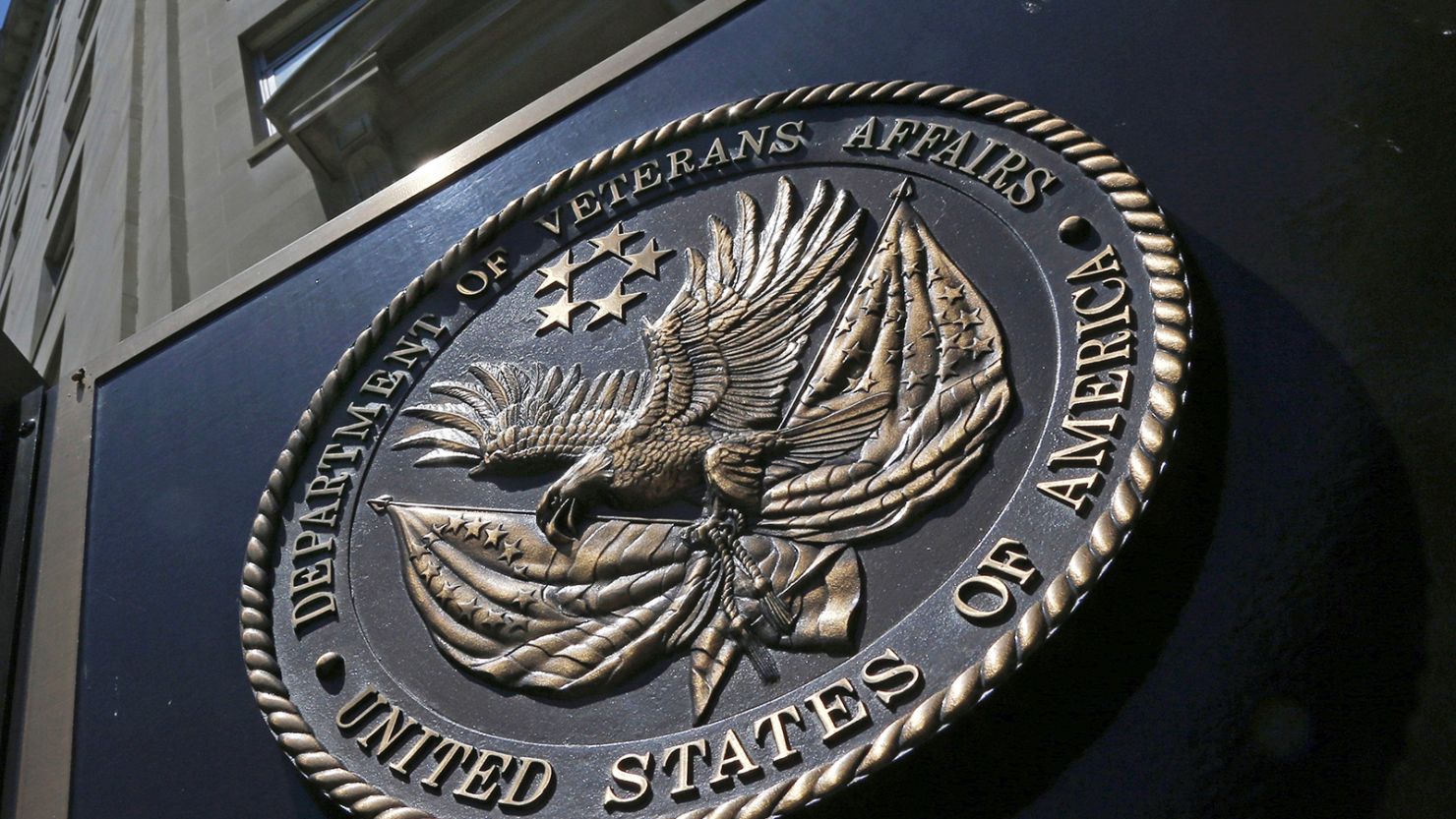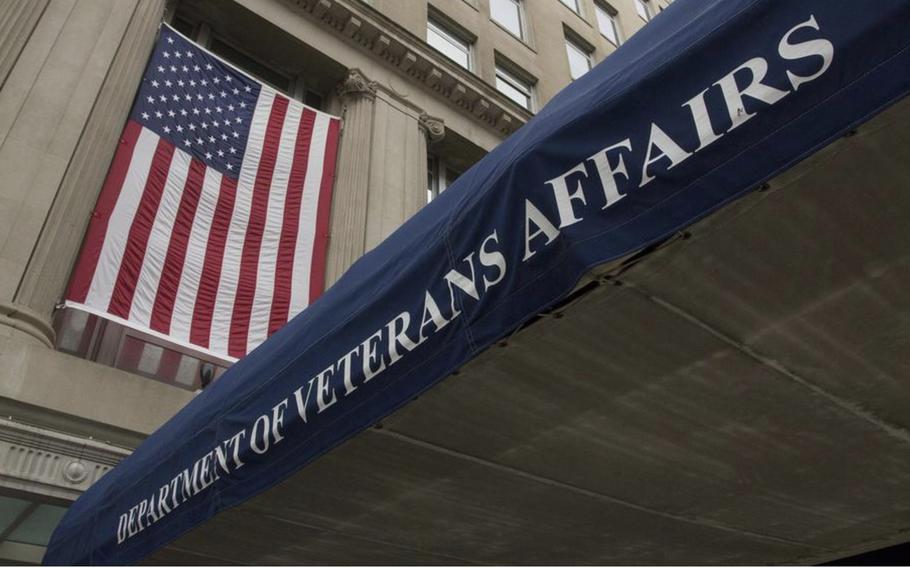Veterans organizations are advocating for the passage of the Elizabeth Dole Act.
Veterans Organizations Push for Passage of Elizabeth Dole Act Amid Funding Concerns
Veterans organizations are pushing for Congress to approve the Elizabeth Dole 21st Century Veterans Healthcare and Benefits Improvement Act, which aims to expand community services for aging and disabled veterans. VA Secretary Denis McDonough has voiced concerns about the $1.7 billion cost of the bill questioning how new programs would be funded without additional money. Despite this, a coalition of veterans groups, including the Veterans of Foreign Wars and Disabled American Veterans, is urging swift passage of the legislation before the upcoming elections emphasizing its importance for improving veterans’ healthcare.
The bill, introduced by Rep. Juan Ciscomani with bipartisan support, faces hurdles in Congress with some Democrats wary of its potential impact on VA healthcare. Secretary McDonough’s reservations about funding without new resources reflect broader concerns over the VA’s budget and its ability to meet increasing healthcare demands. Meanwhile, veterans advocates argue that immediate action is necessary to address deficiencies in care and expand options beyond traditional VA facilities.

Dole Act Advocates Push for Community-Centered Veteran Care Amid Congressional Debate
Amid the debate, stakeholders such as Randy Reese from the Disabled American Veterans stress the urgency of passing the Dole Act to enhance services for disabled and aging veterans. The bill proposes shifting focus from nursing home care to more community-based and at-home services, aiming to provide veterans with greater independence and support. However, the bill’s fate remains uncertain as Congress navigates partisan disagreements over funding and healthcare policy, according to the report of Stripes.
The Dole Act represents a comprehensive effort to consolidate various veterans’ healthcare initiatives into a single legislative package. It seeks to streamline access to critical services like end-of-life care, job training, and mental health treatment for veterans in crisis. As political tensions rise in Washington, the bill’s progress will likely hinge on whether lawmakers can find common ground to advance legislation that supports the needs of America’s veterans.
